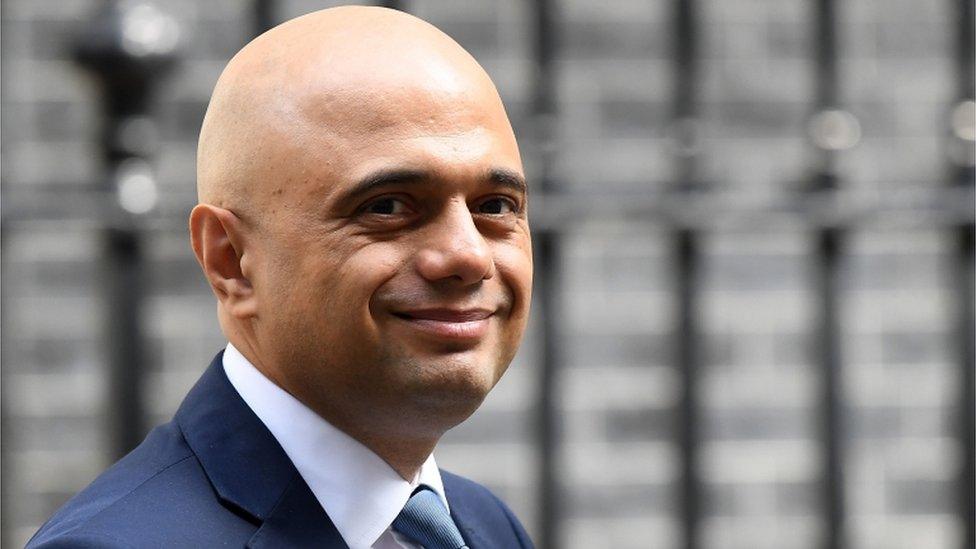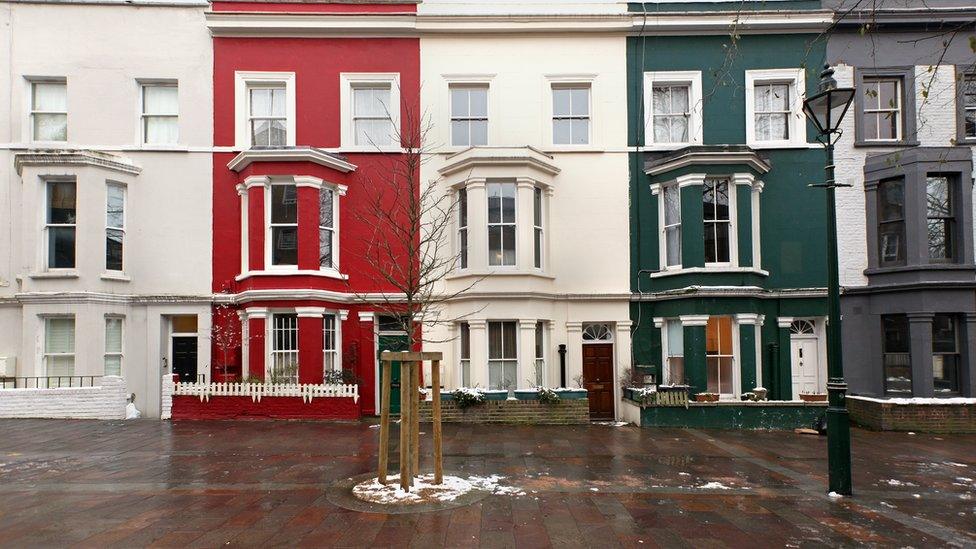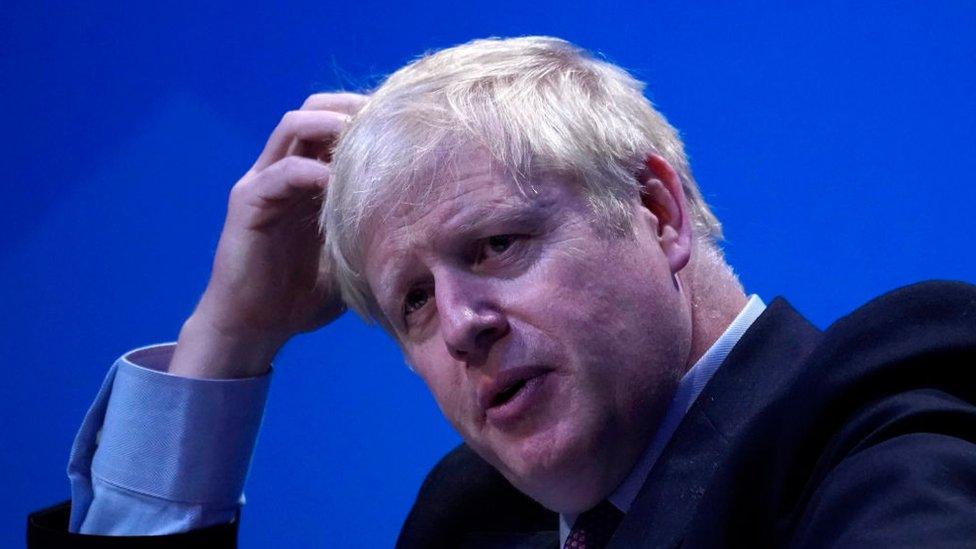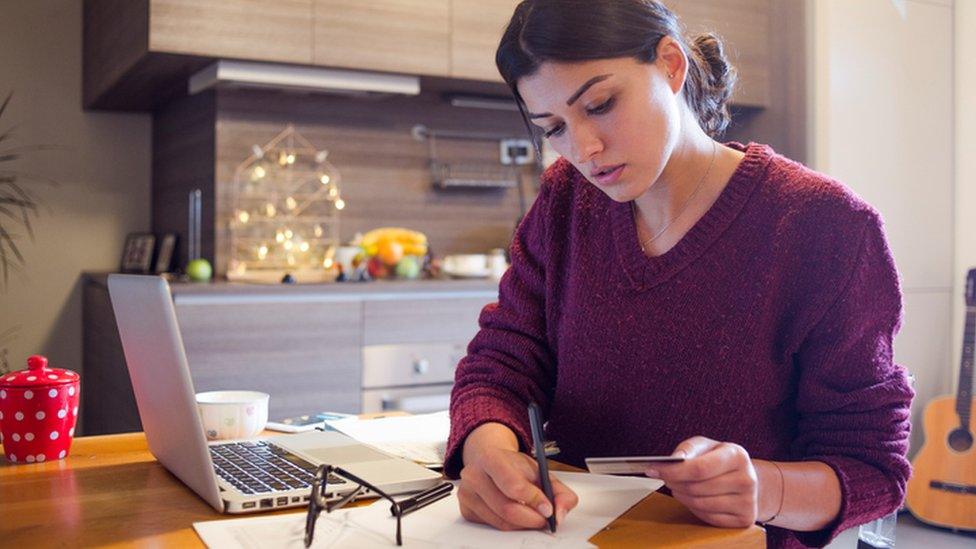Sajid Javid will 'simplify' the tax system in first Budget
- Published

Chancellor Sajid Javid has said he wants to simplify the tax system ahead of his Budget in the autumn.
In his first interview since becoming chancellor, Mr Javid told the Times, external he was a "low tax guy" but said it was important to "always be thinking about the lowest paid".
He added that maximising revenue "doesn't always mean that you have to have the highest tax rate possible".
Labour said Mr Javid's proposals would make the UK more unequal.
When asked about taxes for higher earners, the chancellor said people would have to wait for the Budget.
"I think taxes should be efficient," he said.
"Generally I want to see lower taxes, but at a level that is going to pay for the public services."
Speaking to Radio 4's Today programme, Paul Johnson from the Institute for Fiscal Studies said: "All chancellors come in saying they want simpler taxes but they always end up leaving office with a longer and more complicated tax code than they started [with]."
Mr Javid said he was still thinking about whether changes might be needed to the government's current long-term plan of eliminating the deficit by the mid 2020s.
"It is obvious to me that when you've got some of the lowest rates on government debt this country has ever seen, I wouldn't be doing my job if I wasn't thinking seriously about how do we use [that opportunity]," he said.
Mr Johnson said the chancellor could take advantage of "extremely low interest rates" and begin "borrowing more to pay for more infrastructure".

The Times reported Mr Javid was considering shifting the burden of stamp duty on to sellers, rather than buyers
The Times also reported that Mr Javid is considering switching the burden of stamp duty from buyers to sellers, meaning first-time owners would never pay the tax.
Stamp duty - a purchase tax paid in England and Northern Ireland on properties worth more than £125,000 - was abolished in 2017 for first-time buyers spending up to £300,000 on a house.
In June, Prime Minister Boris Johnson outlined plans to raise the threshold for the higher rate of income tax from the current threshold of £50,000 to £80,000.
Paul Johnson said the prime minister's plans on spending would require "extra borrowing particularly [if it's] accompanied by tax cuts".
Mr Javid said he had not yet decided whether to hold the Budget before 31 October, the date the UK is expected to leave the EU.
He also warned that a no-deal Brexit might require what he termed "a significant economic package as a response".
Responding to the chancellor's interview, Labour leader Jeremy Corbyn said the proposals put forward by Mr Javid and the prime minister would make the UK more unequal.
He added that a Labour government would increase corporation tax to fund university places, local government and other public services.
"We cannot go with austerity year-on-year and at the same time giving tax cuts to the best off," Mr Corbyn said.
- Published25 June 2019

- Published29 October 2018

